Web Application Development with MEAN. Click here to enter text
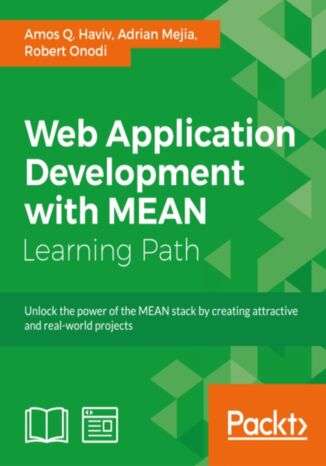



- Wydawnictwo:
- Packt Publishing
- Ocena:
- Dostępne formaty:
-
PDFePubMobi
Opis
książki
:
Web Application Development with MEAN. Click here to enter text
The first module in this course will provide you with the skills you need to successfully create, maintain, and test a MEAN application. Starting with MEAN core frameworks, this course will explain each framework key concepts of MongoDB, Express, AngularJS, and Node.js. We will walk through the different tools and frameworks that will help expedite your daily development cycles.
After this, the next module will show you how to create your own e-commerce application using the MEAN stack. It takes you step by step through the parallel process of learning and building to develop a production-ready, high-quality e-commerce site from scratch. It also shows you how to manage user authentication and authorization, check multiple payment platforms, add a product search and navigation feature, deploy a production-ready e-commerce site, and finally add your own high-quality feature to the site.
The final step in this course will enable you to build a better foundation for your AngularJS apps. You’ll learn how to build complex real-life applications with the MEAN stack and a few more advanced projects. You will become familiar with WebSockets, build real-time web applications, create auto-destructing entities, and see how to work with monetary data in Mongo. You will also find out how to a build real-time e-commerce application.
This learning path combines some of the best that Packt has to offer in one complete, curated package. It includes content from the following Packt products:
? MEAN Web Development by Amos Haviv
? Building an E-Commerce Application with MEAN by Adrian Mejia
? MEAN Blueprints by Robert Onodi
Wybrane bestsellery
Amos Q. Haviv, Adrian Mejia, Robert Onodi - pozostałe książki
Packt Publishing - inne książki
Dzięki opcji "Druk na żądanie" do sprzedaży wracają tytuły Grupy Helion, które cieszyły sie dużym zainteresowaniem, a których nakład został wyprzedany.
Dla naszych Czytelników wydrukowaliśmy dodatkową pulę egzemplarzy w technice druku cyfrowego.
Co powinieneś wiedzieć o usłudze "Druk na żądanie":
- usługa obejmuje tylko widoczną poniżej listę tytułów, którą na bieżąco aktualizujemy;
- cena książki może być wyższa od początkowej ceny detalicznej, co jest spowodowane kosztami druku cyfrowego (wyższymi niż koszty tradycyjnego druku offsetowego). Obowiązująca cena jest zawsze podawana na stronie WWW książki;
- zawartość książki wraz z dodatkami (płyta CD, DVD) odpowiada jej pierwotnemu wydaniu i jest w pełni komplementarna;
- usługa nie obejmuje książek w kolorze.
Masz pytanie o konkretny tytuł? Napisz do nas:
Książka drukowana



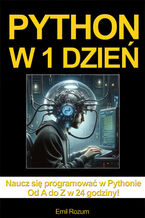
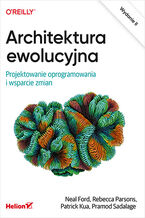
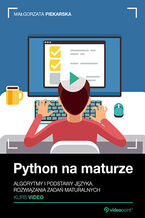
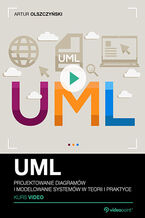
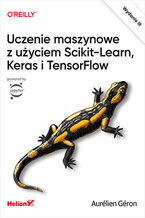
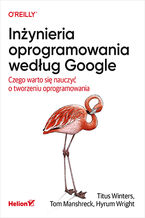
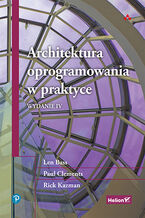
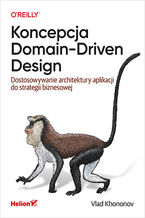
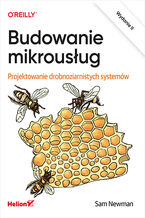
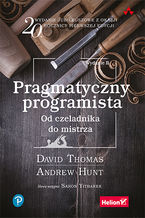

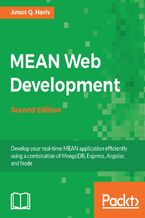

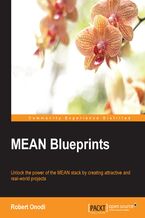
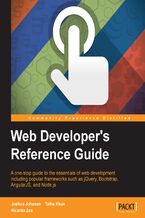
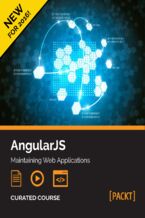
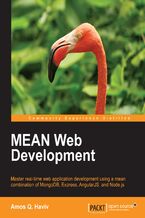








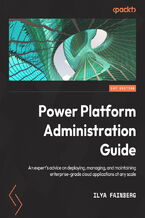

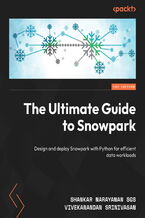
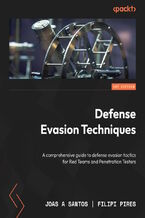
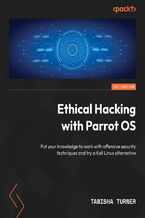
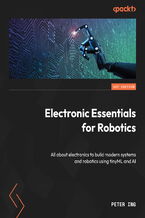
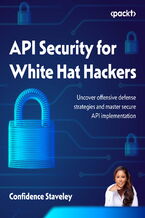
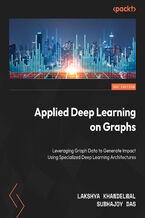
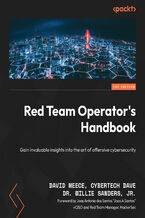
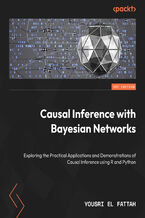



Oceny i opinie klientów: Web Application Development with MEAN. Click here to enter text Amos Q. Haviv, Adrian Mejia, Robert Onodi (0) Weryfikacja opinii następuję na podstawie historii zamówień na koncie Użytkownika umieszczającego opinię. Użytkownik mógł otrzymać punkty za opublikowanie opinii uprawniające do uzyskania rabatu w ramach Programu Punktowego.
Weryfikacja opinii następuję na podstawie historii zamówień na koncie Użytkownika umieszczającego opinię. Użytkownik mógł otrzymać punkty za opublikowanie opinii uprawniające do uzyskania rabatu w ramach Programu Punktowego.